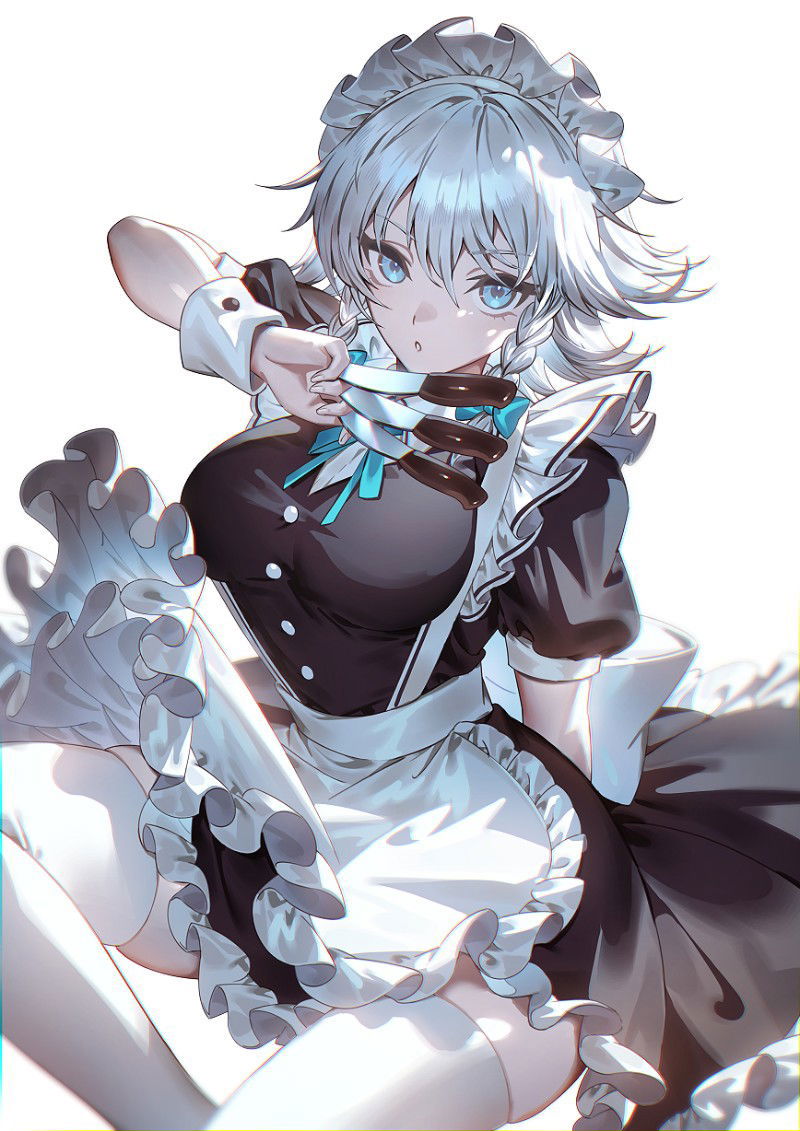Let's dive into some specific examples that showcase the power and appeal of older male leads and significant older male characters.
Mushishi
As mentioned earlier, Mushishi is a standout series. Ginko is an itinerant "Mushi Master" who travels from place to place, studying and dealing with supernatural creatures called Mushi. Ginko is not explicitly old, but he carries an air of timelessness and a profound weariness born from his constant exposure to the strange and often dangerous world of Mushi. He's a wanderer, a healer, and a neutral observer, his age manifesting not in wrinkles but in his deep, patient understanding of the natural and supernatural world. His approach is always measured, thoughtful, and deeply respectful of the balance of nature. He doesn't seek glory or power; his sole purpose is to alleviate suffering caused by Mushi, often at personal cost. The episodic nature of the series allows for a wide range of human stories, many involving older characters grappling with the Mushi's influence on their lives, their families, and their communities. Ginko's calm, almost detached demeanor belies a profound empathy and a commitment to his unique, often lonely, profession.
Vinland Saga
While Thorfinn starts as a young man driven by revenge, the narrative of Vinland Saga progresses significantly, showing him mature and evolve. By the later arcs, Thorfinn is no longer a hot-headed youth but a man wrestling with the legacy of violence and seeking a path of peace. Other characters in Vinland Saga, like Thors Snorresson (Thorfinn's father), represent the ideal of the experienced warrior who has renounced violence. Thors is a legendary figure, a man who has seen the worst of war and chosen a different path. His wisdom and philosophy profoundly influence Thorfinn, even after his death. The series masterfully explores themes of pacifism, the cyclical nature of violence, and the arduous journey toward finding meaning beyond hatred, all through the lens of characters who have lived through immense hardship. The older characters often carry the weight of history, their decisions impacting the fate of nations.
Ghost in the Shell
The Ghost in the Shell franchise, particularly the original movie and Stand Alone Complex series, features Major Motoko Kusanagi as the central figure, but the supporting cast, and indeed the overarching themes, often involve older male characters who are seasoned professionals in law enforcement and cybernetics. Section 9 is filled with experienced individuals like Batou, Togusa, and Aramaki. Chief Daisuke Aramaki, in particular, is the elder statesman of the group, a shrewd and pragmatic leader who navigates the complex political landscape with decades of experience. His calm authority and strategic mind are crucial to the team's success. Batou, while not ancient, is a veteran with a gruff exterior and a deep loyalty, his cybernetic enhancements hinting at a long career in dangerous fields. The series consistently explores the philosophical implications of technology and humanity, often through the eyes of these experienced individuals who have witnessed the rapid evolution of society and the blurring lines between man and machine.
Cowboy Bebop
Spike Spiegel, the protagonist of Cowboy Bebop, is a bounty hunter in his mid-twenties, but the series is steeped in the melancholic atmosphere of characters who are, in essence, older souls trapped in younger bodies, or simply older individuals living on the fringes. The supporting cast, including Jet Black and Faye Valentine, are older than Spike and carry significant baggage from their pasts. Jet, a former police officer, is the responsible, fatherly figure of the group, his wisdom and experience often grounding Spike's reckless tendencies. His cybernetic arm is a testament to a life lived on the edge. Faye, though appearing youthful, is chronologically much older, having been cryogenically frozen and waking up with massive debt and no memory of her past. Her cynicism and world-weariness are palpable. The entire crew of the Bebop are drifters, haunted by their pasts and struggling to find a future, embodying a sense of existential ennui that resonates deeply with themes often explored in anime with older male characters. The jazz-infused soundtrack and noir-like atmosphere further enhance the mature, reflective tone.
Hellsing Ultimate
Alucard, the ancient vampire protagonist of Hellsing Ultimate, is the ultimate example of an "older" character, existing for over a millennium. While his physical form is often that of a powerful, imposing man, his true age and the vastness of his experience inform every action. He is a being of immense power, but also one burdened by centuries of existence, loyalty, and conflict. The series also features Sir Integra Fairbrook Wingates Hellsing, the formidable leader of the Hellsing Organization, a woman who commands respect and authority despite her relatively young age, her lineage and upbringing instilling a maturity beyond her years. However, the core of the series' exploration of age and experience lies with Alucard, whose interactions with other vampires, humans, and supernatural entities are colored by his immense historical perspective. He is a relic of a bygone era, a force of nature whose motivations and understanding of the world are shaped by events long past.
Planetes
This science fiction anime focuses on a group of debris collectors in space. While the main characters are in their late teens and early twenties, the series is notable for its mature themes and the presence of older, experienced characters who provide crucial context and mentorship. Characters like the veteran astronaut, Philippe "Philo" Ardant, or the seasoned captain, Gordon O'Connor, bring a wealth of experience and a more grounded perspective on space exploration, its dangers, and its profound impact on humanity. Planetes delves into the psychological toll of long-duration space travel, the ethical dilemmas of resource exploitation, and the search for meaning in the vastness of the cosmos. The older characters often serve as a reminder of the sacrifices made for progress and the enduring human desire to explore, even in the face of immense risk. Their reflections on their careers and lives offer a poignant counterpoint to the youthful idealism of the younger crew members.


